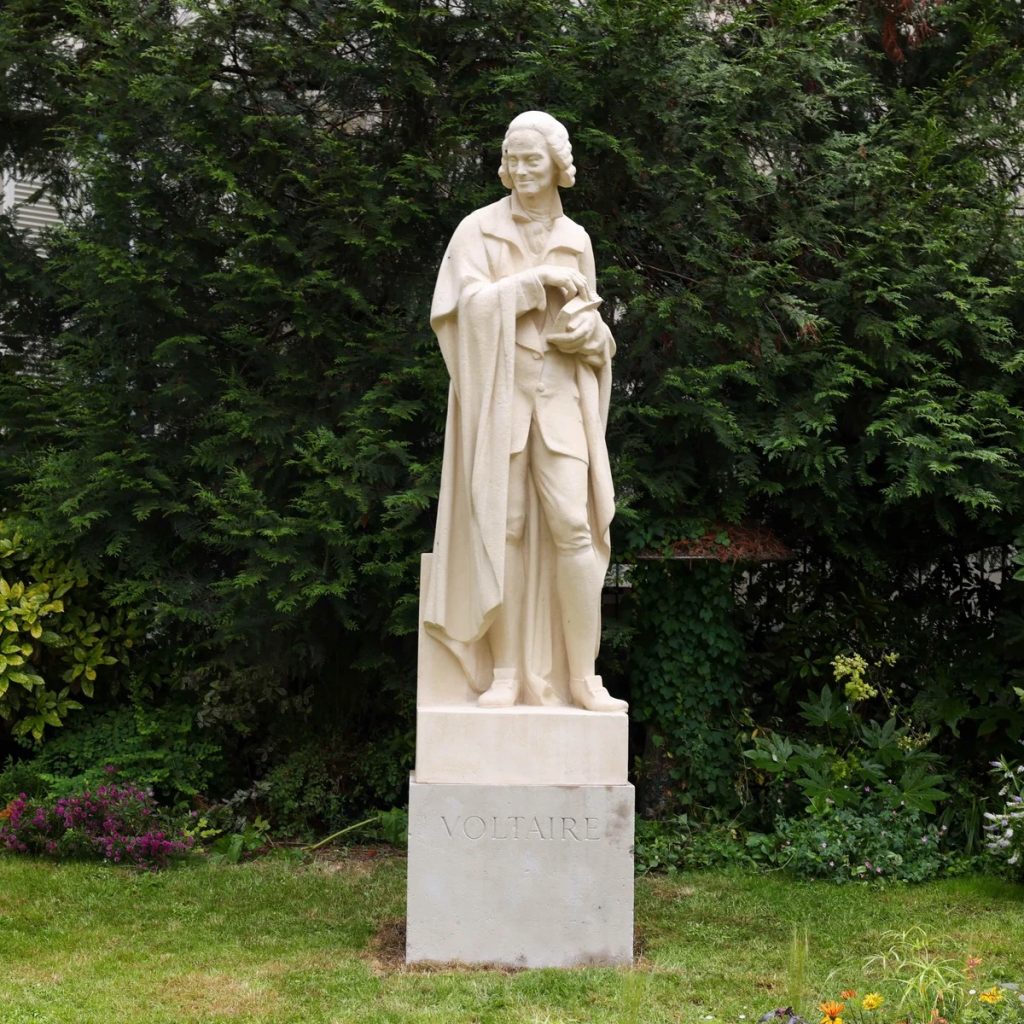
I’m currently listening to this (an In Our Time podcast on Voltaire’s Candide). Which lead me to start reading his Letters on England.
Many moons ago, a friend recommended Candide, so I bought the edition pictured below, and read it. Frankly? I hated it!
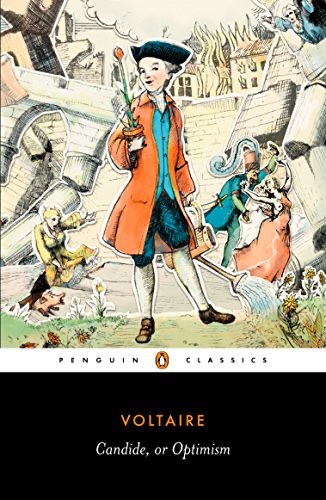
This was a major disappointment, as practically everything I’d heard about Voltaire up till that point had predisposed me to loving both him and his writings.
If one is at all literary or culturally minded, in a European context, Voltaire’s going to figure. I’d encountered references to him countless times. But it wasn’t until we watched an episode of Kenneth Clarke’s Civilisation, in which he featured prominently, that I decided to take a keener interest.
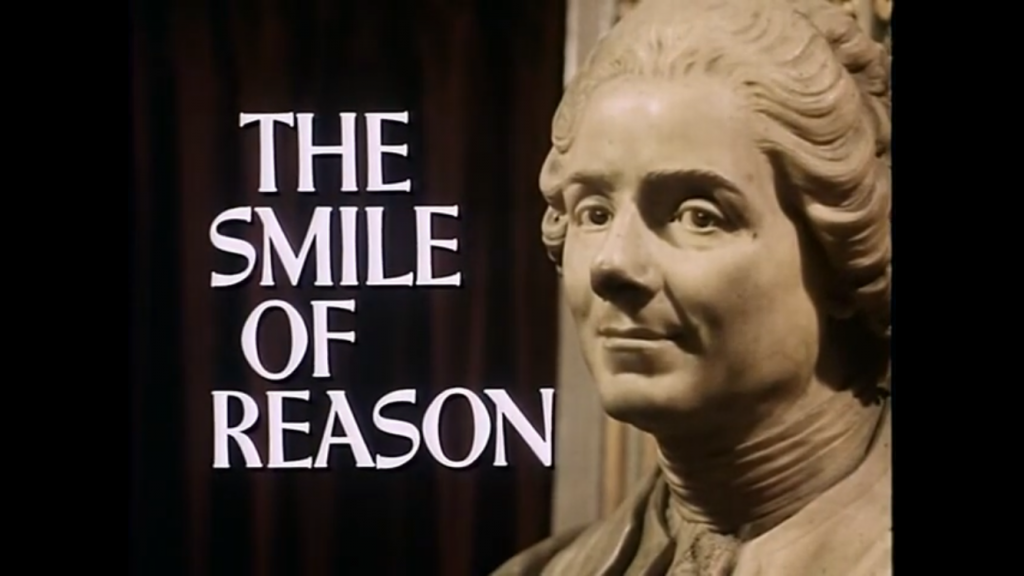
I think I’ll have to revisit Candide, at some point. Maybe it needs a contemporary rewrite? Perhaps even a graphic novel treatment? I’m usually horrified by the mere idea of such ‘re-boots’. But, as written – at least in the translation I read – Candide was an unenjoyable unfunny slog.
At this point I returned to the podcast. About midway through. One of the pundits is saying ‘The narrative structure is an attack on Leibniz.’ By which he means two things (as the fuller context makes clear): one is the attack on the Optimism, of the subtitle, and two is chaos vs order.
The narrative of Candide feels like utter chaos. A constant series of unrelated episodes. Leibniz, by contrast, suggests that all is actually ordered to a Divine plan. It may look shitty to us. But from a Gods’ eye view all is exactly as it ought to be. It’s ordered and good.
This is interesting. For numerous reasons. On the level of pure reading, the near total lack of narrative structure reduces Candide to a bewildering – and seemingly pointless – maelstrom of apparently random stuff.
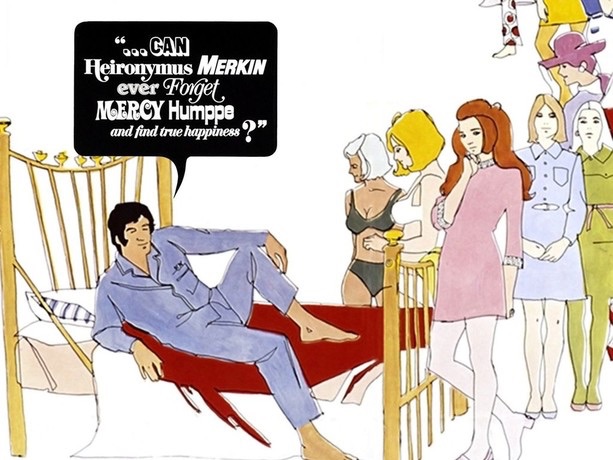
For a contemporary analogue, imagine the most self-indulgent of late 1960s film (see above), or – for an even more lobotomised equivalent – something like Kentucky Fried Movie. I’m not equating these films with Voltaire’s ideas or intent, but the rather the viewer/reader experience. How they feel.
What strikes me, as I listen to the podcast, is how philosophy, or what I’ll call intellectualism, seems to result, very often, in rather gloomy results. Perhaps deep thinking can and is often overdone? Does that mean Voltaire is saying thought/philosophy is (worse than) useless? That’s certainly a view one could take from a passage near the end of the novel:
“Let us work,” said Martin, “without disputing; it is the only way to render life tolerable.”
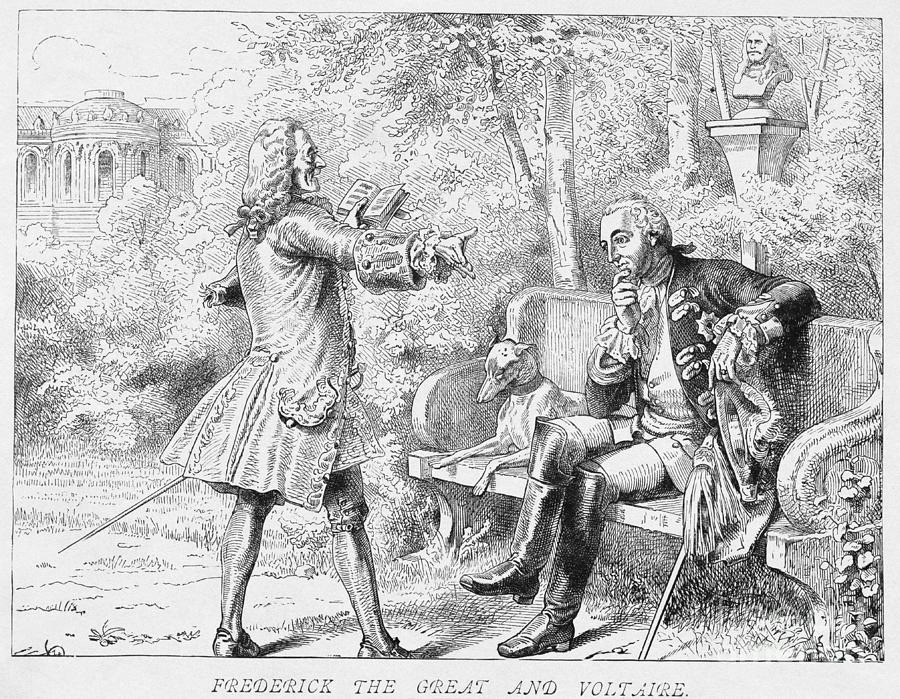
Buddhism is another cultural efflorescence of such a ‘mindful’ or thoughtful/philosophical approach, and, rather as with the 17th C. Encyclopaedist Bayle (mentioned here as an antecedent to Voltaire’s ideas), the conclusions often reached are… that life is suffering. Buddhism goes even further; it’s all suffering, and it’s all illusory anyway!
These are, on the face of things, extremely bleak outlooks or philosophies.
Going back to Voltaire. I find the way folk discuss him, his writings, life and ideas, is what – thus far – I find most compelling. Not Voltaire’s writing itself. This reminds me of hearing critics discuss Christopher Nolan films. The talk sounds interesting. But the films are, I find, unwatchable.
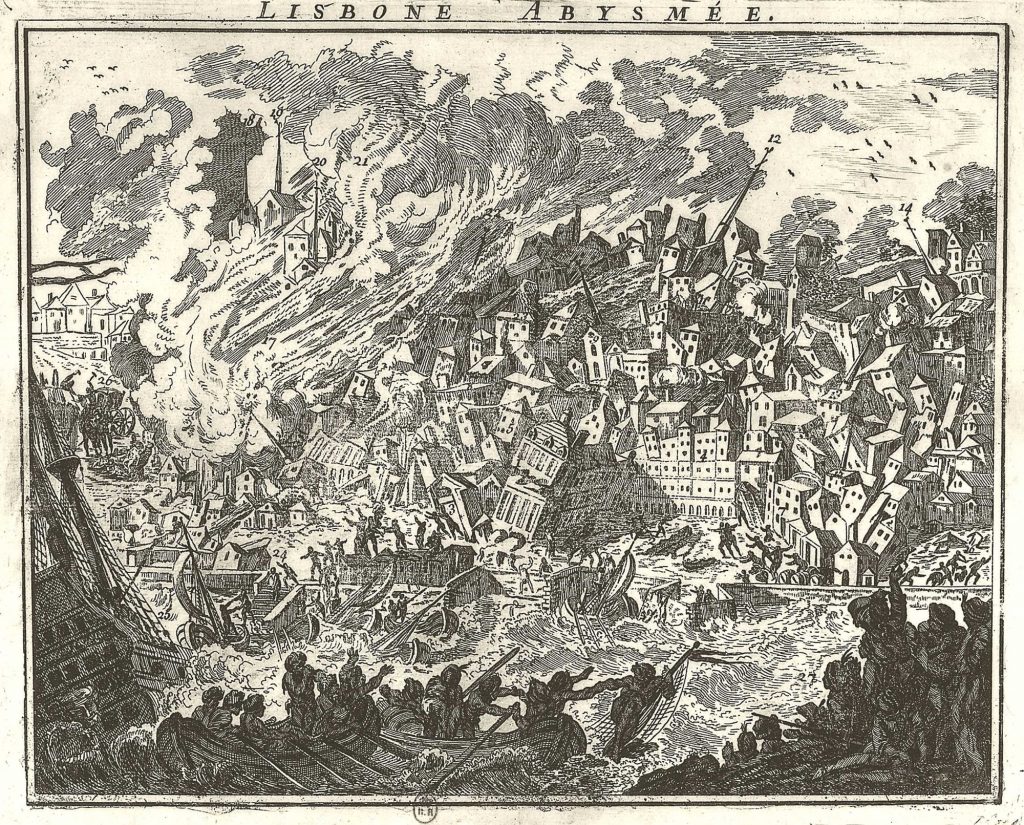
Back to the podcast, and Candide. Bragg presciently observes that, in many ways, the book seems both chaotic and dashed off, as if in response to recent calamities (like the Lisbon earthquake, of 1775). Are there any underlying generalised messages?
One is the already alluded to attack on Liebniz-ian optimism. And the response to that seems to be despair at our impotence. The second, and the only sliver of hope – fannily emuff it’s exactly the conclusion I’ve already come to in my own ‘real’ life – is that one might, perhaps (if one is fortunate enough) carve out a little personal shangri-la somewhere, and there shelter from the madness of the world.
In truth, then, for all that I find Candide a very unenjoyable headache-inducing mess, in essence I agree with the author’s intent. I just don’t much like the execution.
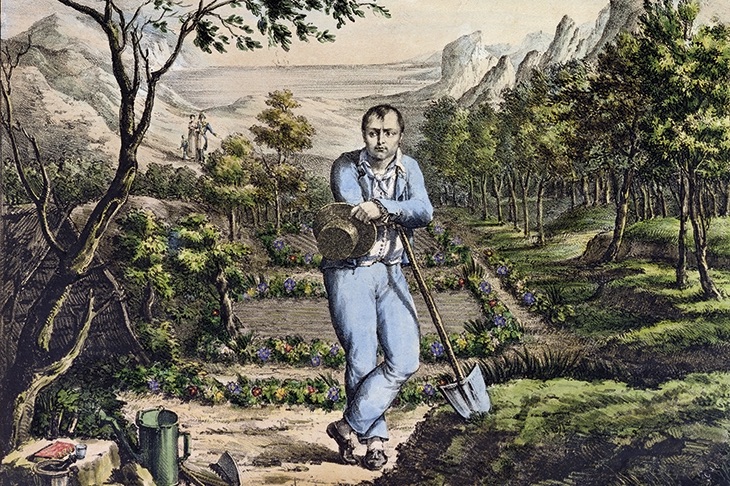
Regarding the latter, perhaps rather like me – albeit I do so to virtually no audience (and the wrong ones at that) – Voltaire’s totally hung up on constantly displaying his wit and erudition.
Anyway… I finally finished the In Our Time podcast. And it’s interesting that the novel ends with what can and often is taken to be a Voltaire-ian admonition; ‘We must cultivate our garden.’
Once again I find myself in broad (if not total?) agreement with Voltaire, if this is indeed his own view, and not just another layer of ironic lampoon.

